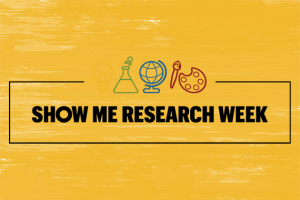
April 26, 2023
Mizzou Engineering students take honors at Show Me Research Week
Six engineering students took honors at Show Me Research Week on campus last week. Show Me Research Week, a collaboration between the Office of Undergraduate Research and the Bond Life Sciences Center, included poster presentations, guest lectures and special activities. More than 55 engineering students presented.

April 26, 2023
$1.6 million grant awarded to develop open source software toolkit
Nearly all consumer electronics found in homes and offices — from computers to smartphones — include some type of open-source software (OSS), a fundamental part of a computer program that anyone has access to modify it. OSS has gained in popularity in recent years because of the cost-savings it provides companies across the tech industry, said Sean Goggins, professor in the Department of Electrical Engineering and Computer Science.
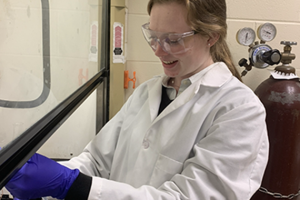
April 25, 2023
Finding a passion for research
Emma McDougal was one of four Mizzou students to be named a Goldwater Scholar.
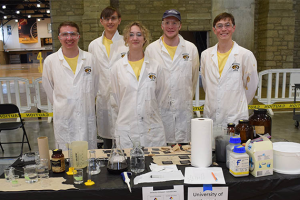
April 24, 2023
Mizzou Engineering sets AIChE attendance record, students place in competitions
Mizzou Chemical Engineering students this month broke a regional record and earned honors at the 2023 American Institute of Chemical Engineers (AIChE) Regional Student Conference.
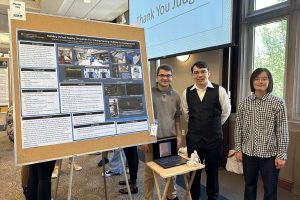
April 21, 2023
Students show off projects at Show Me Research Week
Clean water, healthcare and education - all topics that impact nearly every person, and all topics that were researched and presented by Mizzou Engineers at Show Me Research Week.
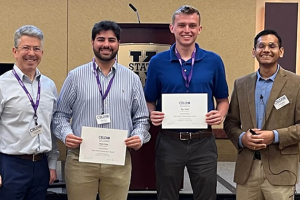
April 18, 2023
Industrial Engineering students take honors at CELDi Research Symposium
Industrial and systems engineering (ISE) students took top honors for work around intelligent decision-making systems and optimizing manufacturing processes at the annual Center for Excellence in Logistics and Distribution (CELDi) Research Symposium.
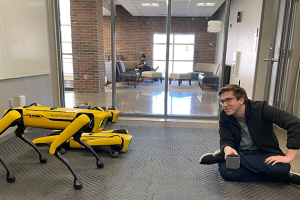
April 12, 2023
Scully’s path to research started with robotics; provides blueprint for others
Christopher Scully is helping support an effort to build a pipeline connecting students to research through clubs and organizations, starting with robotics.

April 11, 2023
Freshmen, sophomores among engineers presenting at Show Me Research Week
Freshmen and sophomores will be among the more than 55 Mizzou Engineering undergraduates, graduate students and post-doctoral fellows participating in Show Me Research Week.
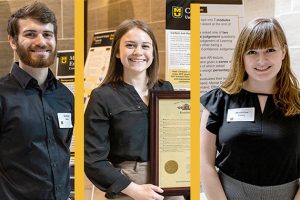
April 11, 2023
Mizzou Engineering undergraduates present research at the Capitol
Three Mizzou Engineers were among a delegate of 10 representing University of Missouri research at the Missouri State Capitol on Thursday.

April 11, 2023
Rao honored with Long Service Award
Praveen Rao has been honored with a Long Service Award from PLOS One, a peer-reviewed open access scientific journal.